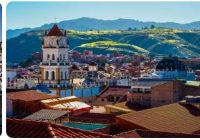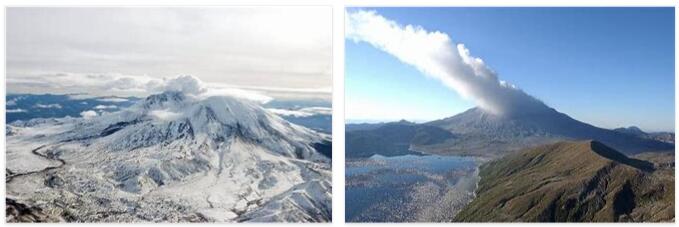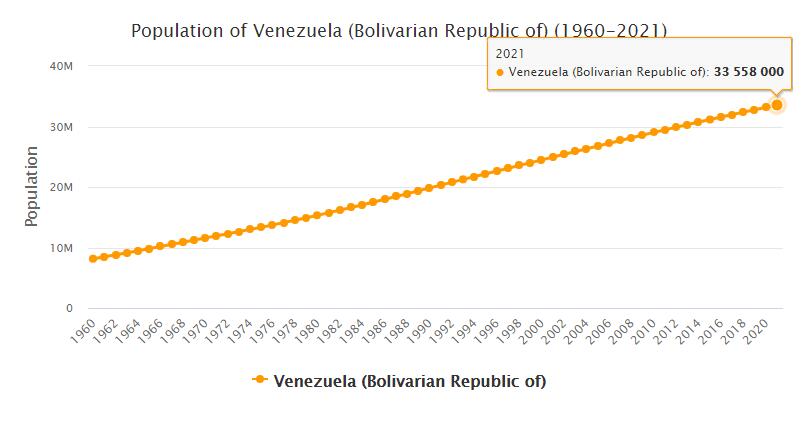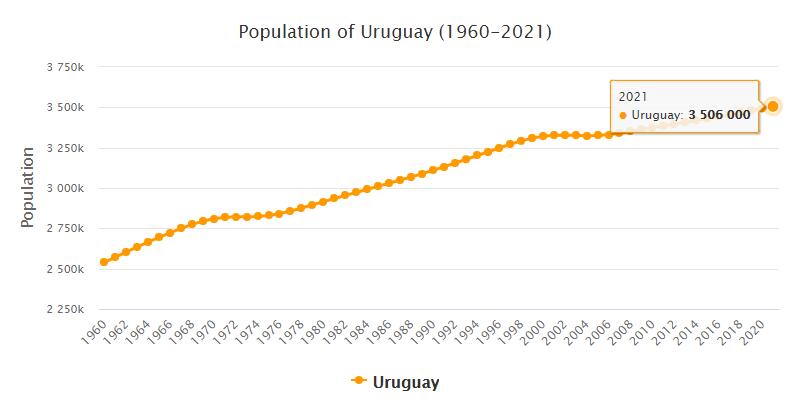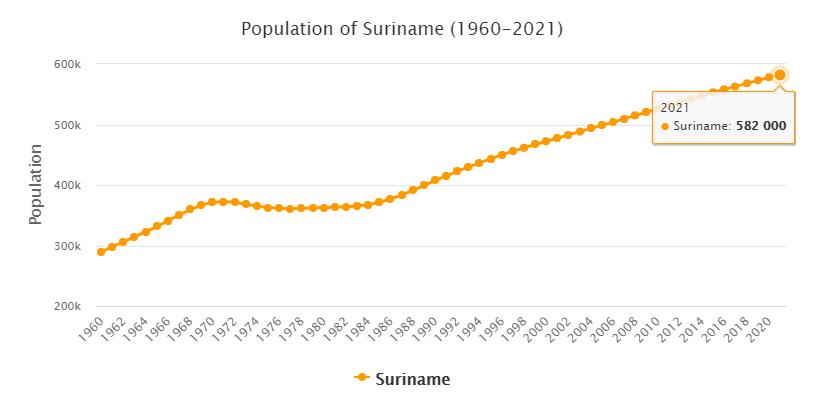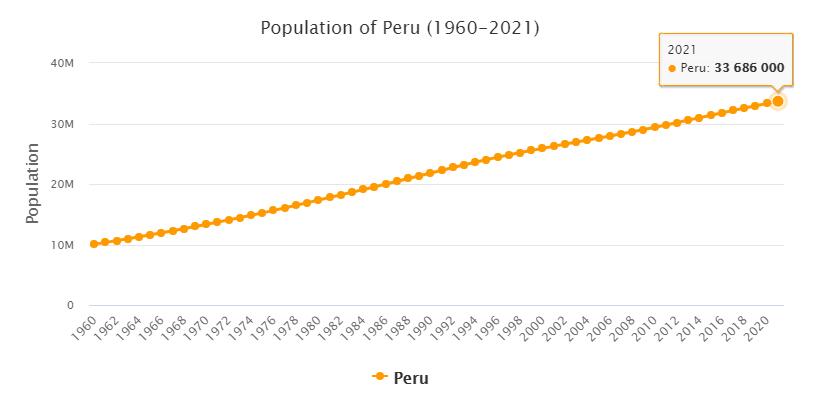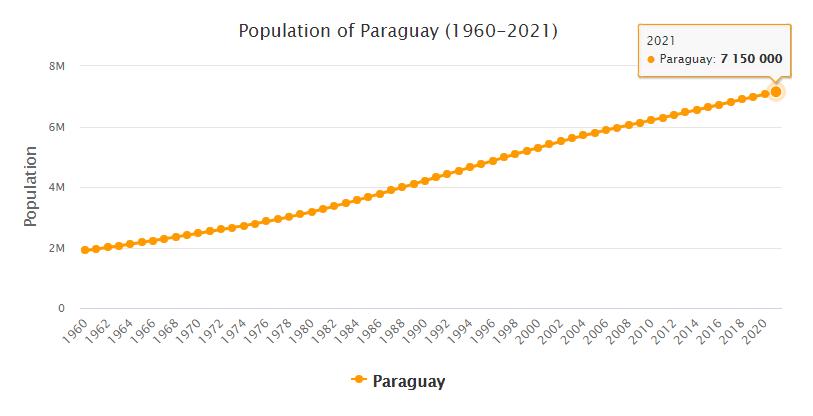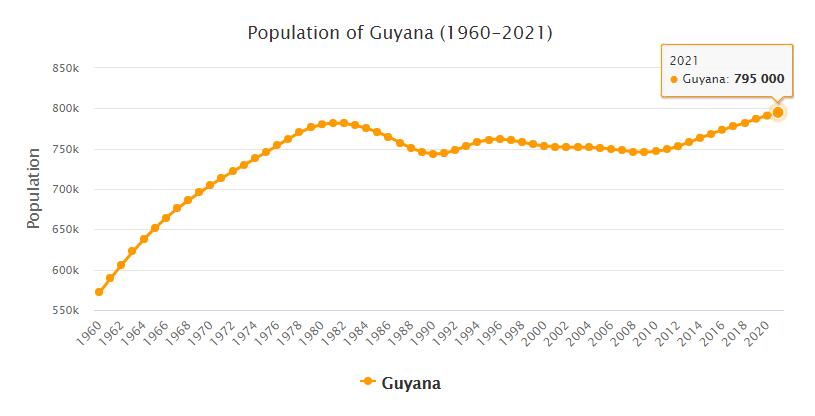Sucre, Bolivia
The most beautiful Bolivian city of Sucre is still the official capital of the country, although all government buildings are located in the second capital – La Paz. Locals call Sucre the White City – a lot of white colonial buildings have been preserved here. And to this day in the historical part it is… Read More »
